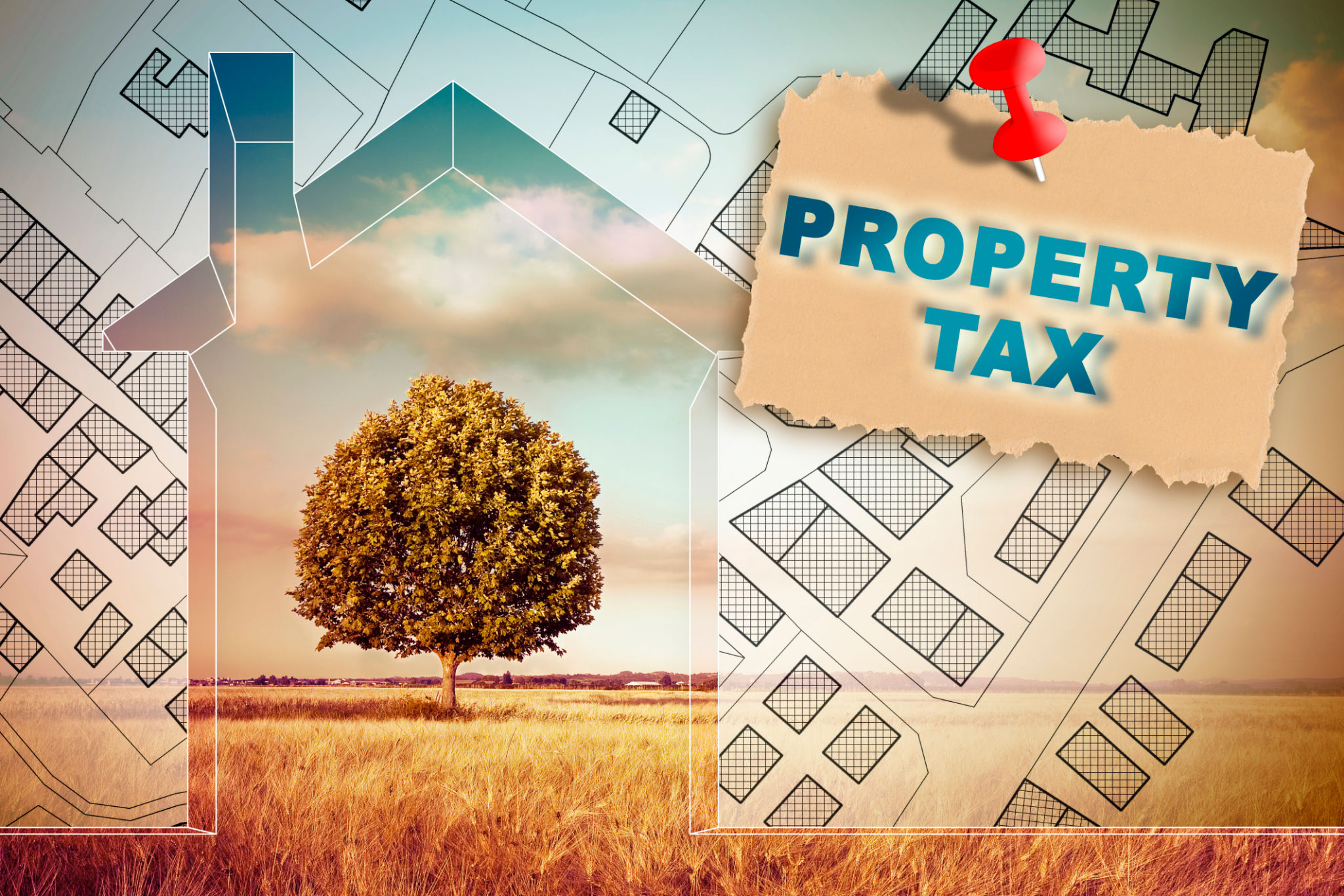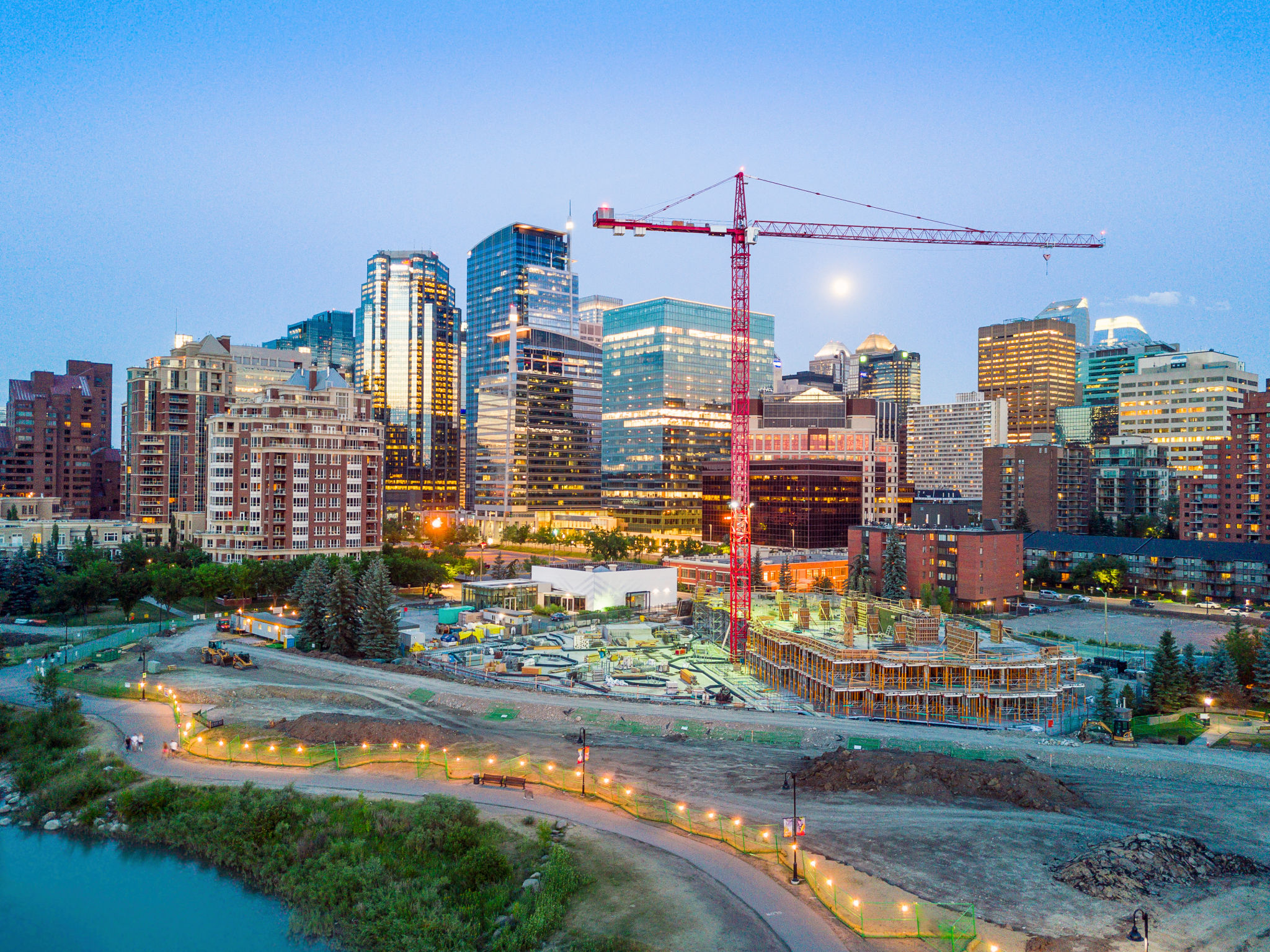Understanding Calgary's Real Estate Regulations: What Homeowners Need to Know
Introduction to Calgary's Real Estate Regulations
Navigating the real estate market in Calgary can be a complex task, especially when it comes to understanding the myriad of regulations that govern property transactions. Whether you're a first-time homebuyer or a seasoned investor, having a clear grasp of these rules is crucial to making informed decisions.
The real estate market in Calgary is regulated by both provincial and municipal laws, which aim to ensure fair practices and protect the rights of all parties involved. To help demystify this subject, we've outlined some of the key regulations every homeowner should be aware of.

Property Taxes and Assessments
One of the primary considerations for homeowners in Calgary is property tax. The city assesses properties annually to determine their market value, which in turn influences the amount of tax you need to pay. Understanding how these assessments are conducted can help you anticipate your tax obligations better.
How Assessments Are Conducted
The City of Calgary uses a mass appraisal system, which evaluates properties based on factors such as location, size, and comparable sales in the area. It's important for homeowners to review their assessment notices and ensure accuracy. Discrepancies can be challenged through an appeal process.

Zoning and Land Use Bylaws
Zoning laws are another critical component of real estate regulations. These laws dictate how land can be used and what types of structures can be built. In Calgary, zoning is categorized into various districts, such as residential, commercial, and industrial.
Understanding Zoning Codes
Each zoning district has specific codes that detail allowable activities and building requirements. Homeowners planning renovations or new constructions must adhere to these codes. Failure to comply can result in fines or mandatory alterations to your property.

Building Permits and Inspections
Before undertaking any major renovations or building projects, homeowners need to obtain the appropriate permits. These permits ensure that all work complies with safety standards and building codes.
The Inspection Process
Once a permit is granted, the project is subject to inspections at various stages. These inspections verify that the work aligns with approved plans and maintains structural integrity. Proper documentation and compliance are essential to avoid delays or additional costs.
Conclusion: Staying Informed
Understanding Calgary's real estate regulations is vital for anyone involved in buying, selling, or owning property. Staying informed about property taxes, zoning laws, and building permits can help you navigate the real estate landscape with confidence.
By familiarizing yourself with these rules and seeking professional advice when necessary, you can ensure a smooth and successful experience in the Calgary real estate market.
